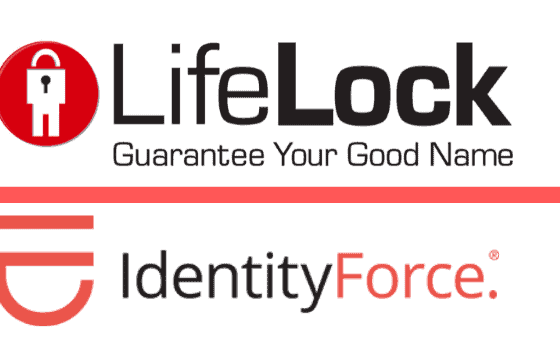Tomorrow’s credit cards will be able to store more data and do more things than their ancestors could. New technologies are already coming into use that promise to revolutionize the field and create the next generation of smart cards.
From its humble beginnings, the printed plastic card has become one of the most essential, widely used tools of the electronic age. In a world with an increasing number of accounts to balance, memberships to certify and other personal details to keep track of, these cards have gotten increasingly important. The vanguard of a new army of personal cards is already in use, and a look at them will show what cards of the future will be like.
Electronic parts have now gotten small and compact enough to fit on a plastic card, allowing data storage to go beyond traditional magnetic strips. Those strips work well for small amounts of information such as identification codes and will probably be used well into the future for simple ID purposes, but for larger files, a computer chip is needed.
A computer chip can hold an entire file and be updated anytime the user makes a change to it, allowing him to carry a current status report on his account. An old-style magnetic strip card only carries the holder’s ID code, and it usually cannot be changed.
This is a fundamental change of technology, and while some card issuers have eagerly adopted it for nationwide or worldwide use, others have not. The current model in the field is MiFare, a company using tiny chips built into the plastic of a card to hold updatable records. Their early applications have been credit cards and security IDs.
MiFare has obvious benefits for credit card customers, since it relieves them of the burden of keeping up with their expenditures. As it is now, the customer does not have a running total of his credit card expenses, and he only gets one with his monthly statement. When he’s standing in a store looking at an item and wondering if he can afford it, there is nothing to tell him. With MiFare, he can simply insert his card in a portable reader and see the total in his credit account. If such a system is used properly, it can make accidental overcharges on a credit card obsolete.
The system has such an obvious appeal for both the customer and the merchant that it will certainly become more widespread and eventually become standard. The day when all credit card providers such as Nationwide or Citibank will include a MiFare chip on every card they issue.
This technology is also being used for other fields, a practice that will continue and grow. Medical patients with dangerous physical conditions often wear ID bracelets in case they are hospitalized for a debilitating incident, but these can only give emergency medical personnel the most basic information. To obtain detailed records for the patient, hospital personnel must contact the health care providers who have been treating the patient and get the records faxed. Precious minutes may be wasted while the information gets into the hands of those who can use it.
If the patient’s bracelet contains a chip similar to MiFare, it can hold his entire medical record. It can be routinely updated every time treatment is given, so emergency care providers will know about all treatments the patient has received and what their outcome was. If he is hospitalized in an unfamiliar facility, the staff can have his information in hand instantly, possibly making a crucial difference.
The future of printed plastic cards will see them gaining more capabilities and data storage. Financial cards are already being marketed with the ability to split a bill into parts, so nobody has to figure on a napkin anymore. Functions such as price per item, discount calculation and recording bonus points are surely right around the corner.
Futurists can envision smart cards capable of communicating with the company that issued them. If a card is canceled and the customer does not know why, he can ask the card and get his answer straight from those who canceled it. If there’s been a mistake, the card can be remotely reinstated and made immediately usable again.
Granted, these last predictions are still in the realm of science fiction, but given the amount of change already seen in this field, we can safely bet that they will appear sometime soon.





